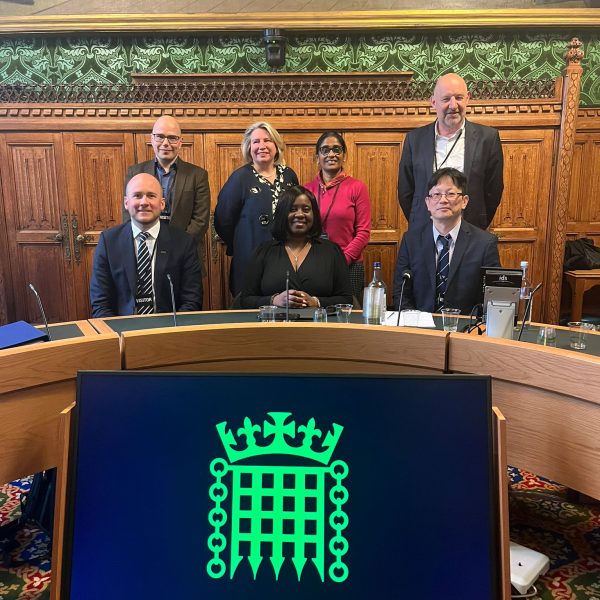Over two million people with urgent eye care needs must be prioritised by the next Government, say leading experts
Leading eye care experts have issued a call to the next Government to recognise the unmet needs of more than 2.2 million people across the UK who are currently living with a condition that causes visual impairment or sight loss, and as part of this, to commit to developing a long-awaited national plan for eye care in England.




